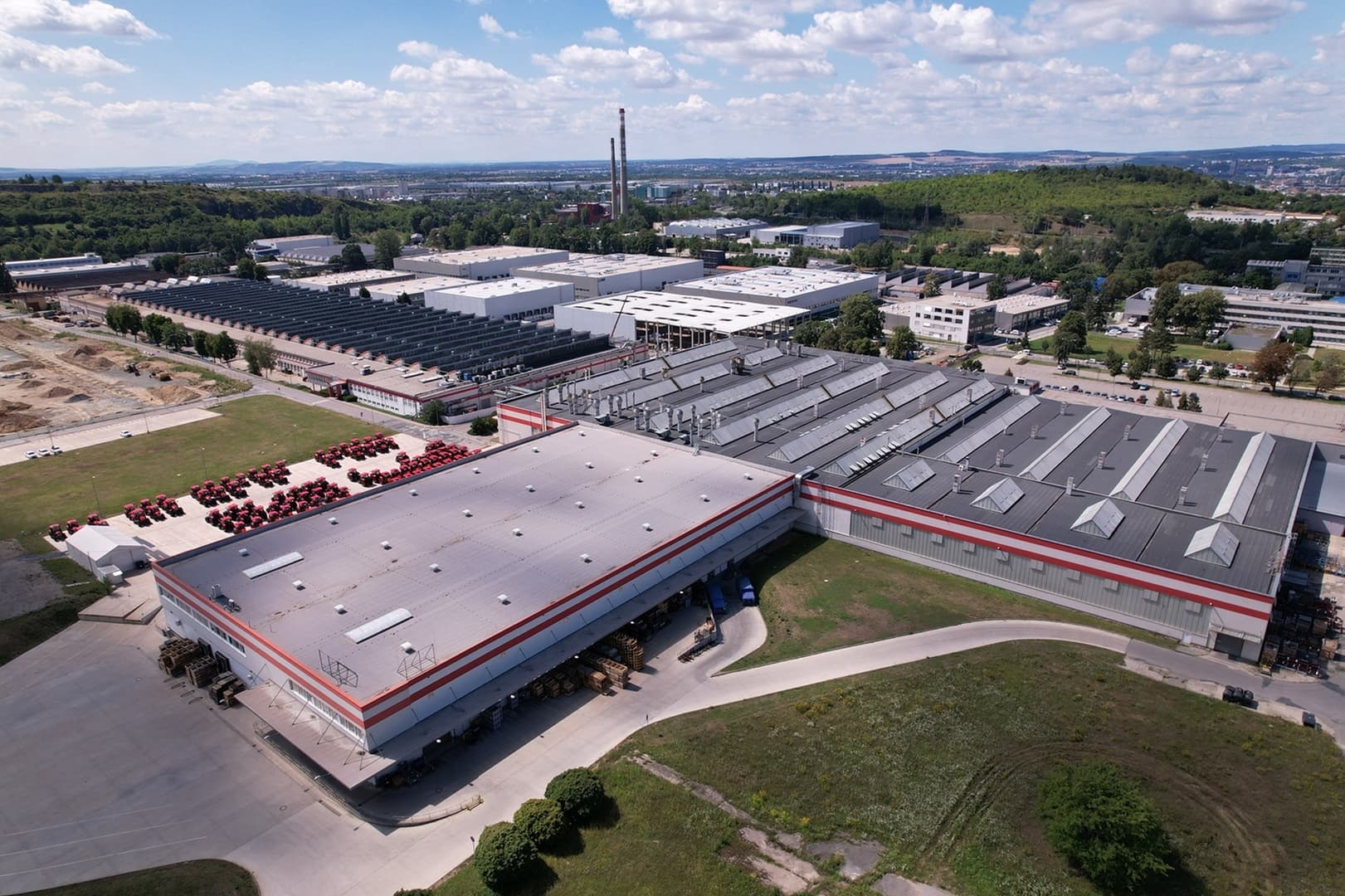Owners are disposing of older industrial sites - addressing rising operating costs

According to Darek Vodehnal from the investment department of 108 AGENCY, owners of industrial as well as agricultural real estate are taking advantage of the continued interest of investors and stable prices: 'The time for this type of trading is ideal. The demand is still there. Real estate funds and developers are on the buyers' side. They are making transactions for redevelopment and further use of buildings and land. Investors are targeting rental appreciation, i.e. keeping the original owner." Transaction amounts can range up to several hundred million crowns.
Within Sale & Leaseback, some of the most attractive buildings are sheds of at least 5,000 m2 with a clear height of 8 m or more, preferably of a regular shape in a location easily accessible for road freight. Selling an industrial property to an investor and paying the purchase price to the original owners ideally takes six to nine months. The buyer is primarily determined by the highest bid submitted and the favourable lease terms for the seller.
According to 108 AGENCY's data, the sellers are usually manufacturing or trading companies that have invested in more space during their expansion in the past than their plant itself uses in the long term. "Most often, we are approached by smaller and medium-sized companies that have been operating for decades and are optimizing their operations or have already moved into modern facilities - as tenants or outright owners. They are finding out what value their original or existing premises have," outlines the predominant client profile of Darek Vodehnal. According to him, local branches of multinational corporations are also among the sellers, who can gain greater freedom for the possible international relocation of their operations by selling the property in the long term.
Most owners see it as a great advantage that they can continue to operate as tenants in the premises or hall after the transfer of ownership. There is no need to change the location or the conditions for employees. Investors, most often the aforementioned real estate companies, but also smaller private funds, usually require a lease for at least 10 years. The longer the term, the higher the market value of the property. Also, in the case of acquisition by a developer, staying in the property is an option. Developers can offer the tenant alternative premises within the site or allow the owner to continue to operate by way of a lease in the original premises, which is then a reserve for the developer for future redevelopment.
The 108 AGENCY team is simultaneously handling multiple sales of surplus assets of domestic and foreign companies. The most recent successful transactions that have supported the client's business include the sale of unused land to Hitachi in the Triangle Strategic Industrial Zone in Žatec. When entering the Czech Republic, the multinational corporation counted on reserves for significant expansion. Later, however, the plans were reconsidered. In addition, it turned out that the value of the reserve land had risen so much that it was worth selling it to strengthen the company's cash flow.
Fuchs Oil had a different motivation. It decided to leave its own premises and move to the modern Contera Park Říčany. 108 AGENCY's investment specialists arranged everything to suit: they found a new owner who offered the highest price, negotiated the terms so that the move would go smoothly, and at the same time helped the selling company with the terms and relocation to the new premises.
108 AGENCY will conduct a detailed search of the premises to relocate the business to before making a final decision on the sale of the existing property. With an extensive database of upcoming projects, companies can time their decision correctly for when the new industrial park or zone is completed. The benefit for them is that they can make money from the sale almost immediately. They then continue to operate on a lease and move under pre-negotiated conditions to new premises prepared to measure in a few years' time.
"Or you can do it the other way around: start dealing with the sale of the older property after the company moves to the new location. But here we would recommend at least an indicative survey of prospective buyers so that sellers have an idea of the real value of the building or site. However, at a time of rising operating costs, we recommend that companies do not delay the sale. It is a good idea to dispose of unnecessary or surplus real estate when they want to, not when they have to," adds Darek Vodehnal, who considers valuation of the premises and preparation of the client for all formal aspects of the transaction to be an obvious part of the services.



